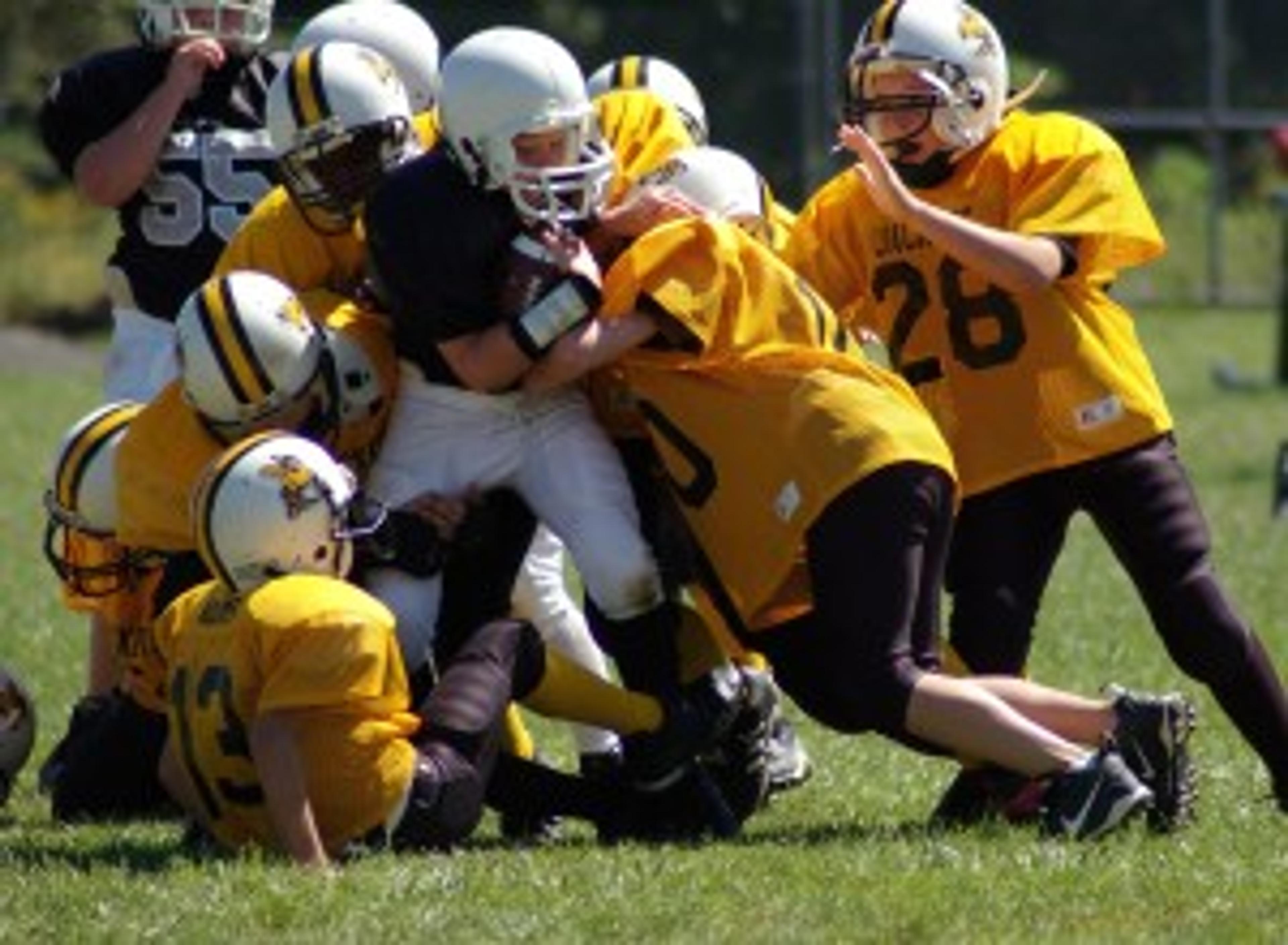Your child and concussions

Frank Sorise
| 2 min read

With football and many other athletic seasons in full force, parents should be aware of all of the injury risk factors, especially those to the head. As college and professional sports put a greater emphasis on concussion prevention, protection, and treatment parents should do the same.
Concussions are the temporary loss of brain function and what most athletes, coaches, and players alike do not realize is that concussions can happen without any loss of consciousness.
Kids and young adults who suffer a concussion can usually recover in about a week or two if the proper precautions are taken. But if the injury is not taken seriously you could be putting your child at risk for further injury which could include brain damage.
According to kidshealth.org common symptoms of a concussion include a change in level of alertness, extreme sleepiness, a bad headache, confusion, repeated vomiting, and even seizures. Blurred vision, dizziness, slurred speech or incoherent sentences are also signs that your child may have suffered from some head trauma.
Sometimes the effects of a concussion do not show up right away and can take anywhere from 24-72 hours to show up, and while children all the way up to adults suffer the same symptoms from concussions, parents may want to be weary of a child’s change in mood or behavior as they are more susceptible to do so. If you see your son or daughter suffering from any of the following symptoms, you should go to the emergency room right away: if your child can not be woken up, one of their pupils is bigger than the other, has seizures, or seems to be getting more irritated and confused.
If your child does suffer from a concussion, kidshealth.org recommends not attending school, cutting down on their daily workload, not taking any high scale tests such as the SAT or ACT, not driving or operating heavy machinery, and not participating in any physical activity including bike riding, roller blading, etc.
Children should not return to their sport until they are fully recovered, and recovery time depends on the severity of the concussion and how long your child’s symptoms last. Remember to check for early signs and be proactive about your child’s head injuries.
For more information on treating concussions and other ailments your child may be suffering from visit kidshealth.org





